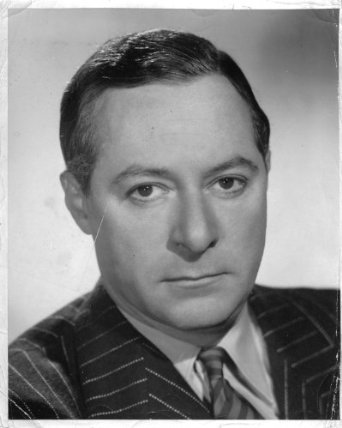George Jessel (George Albert Jessel)

George Jessel
Known as “The Toastmaster General of the United States.” He was born to a poor Jewish family in Harlem, New York . His father was an unsuccessful playwright who declared that George would “…never be an actor as long as I live.” His father died by the time he was 9, when George sang in the aisles at a nickelodeon. It was there that he met Eddie Cantor and, shortly thereafter, George joined the Gus Edwards children’s act that Cantor was playing in (that also included Walter Winchell). He made a name for himself in vaudeville, touring all over the US and England. His most famous title role was in the original 1925 Broadway production of “The Jazz Singer,” which became the first talking motion picture in 1927 starring Al Jolson (Jessel himself would have starred in the picture had it not been for a feud he was having with Warner Brothers). He starred in films in the 1920’s, notably “Private Izzy Murphy” in 1926. As vaudeville became passe, George turned to Broadway. He starred in “The War Song” (1928), and “Joseph” and “Sweet and Low,” both in 1930. He also produced six other Broadway shows. From 1943-1953, Jessel produced films, as opposed to starring in them, for 20th Century-Fox. The majority of those pictures were musicals including: “I Wonder Who’s Kissing Her Now,” “Meet Me After the Show,” and “Wait Till the Sun Shines, Nellie.” He also produced “Nightmare Alley” and “Tonight We Sing,” a biography of Russian-born show promotor Sol Hurok. He made a cameo, as himself, in the 1967 movie adaptation of Jacqueline Susann’s book, “Valley of the Dolls.” His moniker, “Toastmaster General of the United States,” came about in the last thirty years of his life as a result of his constant rounds at Israel bond dinners, political functions, fund-raising galas, paid appearances at conventions and tours with the United Service Organizations (USO). It was estimated that he raised more than $100 million for various charitable causes during his career and received hundreds of thank-yous in the forms of plaques, honorary synagogue memberships, City of Hope “torches,” and, according to his obituary in The New York Times, “…the nourishment and heartburn of thousands of banquet dinners.” He was awarded the Jean Hersholt Humanitarian Award at the Oscars in 1970. He was also famous for giving eulogies at thousands of funerals.
Born
- April, 03, 1898
- Bronx, New York
Died
- May, 23, 1981
- Los Angeles, California
Cause of Death
- Heart attack
Cemetery
- Hillside Memorial Park
- Culver City, California



